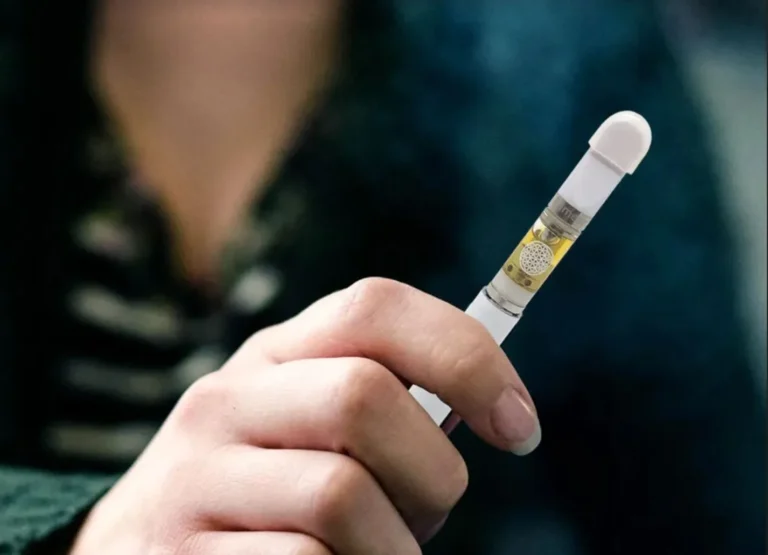Does Delta 9 Affect Serotonin
Delta 9-tetrahydrocannabinol (THC), the main psychoactive compound in cannabis, significantly affects mood, perception, and cognition. A central question regarding its impact on the brain revolves around its interaction with serotonin, a neurotransmitter essential for regulating mood and emotional health. Exploring the connection between Delta 9 and serotonin offers insights into its therapeutic possibilities and potential risks.
The Importance of Serotonin in the Brain
Known as the “feel-good” neurotransmitter, serotonin is critical for maintaining mood, sleep, appetite, and emotional equilibrium. It functions within the central and peripheral nervous systems, shaping both psychological and physiological processes. Disruptions in serotonin levels are closely linked to conditions like depression, anxiety, and other mood-related disorders.
Delta 9 and the Endocannabinoid System
Delta 9-THC exerts its effects primarily by interacting with the endocannabinoid system (ECS), a complex cell-signaling system in the body. The ECS consists of cannabinoid receptors (CB1 and CB2), endogenous cannabinoids, and enzymes that synthesize and degrade these molecules.
When Delta 9 binds to CB1 receptors, predominantly found in the brain and nervous system, it can influence the release of various neurotransmitters, including serotonin. This interaction is believed to mediate the mood-enhancing and stress-relieving effects often reported by cannabis users.

The Link Between Delta 9 and Serotonin
Research suggests that Delta 9 may influence serotonin indirectly by affecting other neurotransmitter systems. For example, it appears to boost dopamine release, which could subsequently impact serotonin production and release. Its stress- and anxiety-reducing properties might also be linked to an indirect enhancement of serotonin signaling pathways.
Preclinical animal studies have shown that cannabinoids, including Delta 9, affect serotonin signaling in the brain, though the exact processes are still being studied. Some evidence points to Delta 9 activating serotonin receptors like the 5-HT1A receptor, which plays a role in regulating mood and stress. This activation could explain why some users report lower anxiety levels or improved mood after using Delta 9.
Therapeutic Implications
Understanding how Delta 9 interacts with serotonin could open doors for new approaches to mental health treatment. Cannabinoid-based therapies might target serotonin-related disorders like depression or anxiety. However, Delta 9’s biphasic nature—where low doses may help but higher doses might worsen mood disorders—emphasizes the need for precise dosing and additional research.
Potential Risks and Considerations
While Delta 9’s effects on serotonin could provide therapeutic value, they also carry risks. Overuse or prolonged consumption may disrupt the balance of serotonin and other neurotransmitters, potentially harming mood and mental health. Variations in genetics, tolerance, and health conditions also play a role in determining how Delta 9 impacts serotonin and overall well-being.
Conclusion
The link between Delta 9 and serotonin offers valuable insights into cannabis’s effects on mood and mental health. Early research indicates that Delta 9 might enhance serotonin signaling under specific conditions, but its mechanisms and long-term effects are not yet fully understood.
As research progresses, consumers must approach Delta 9 cautiously, consulting healthcare professionals and weighing potential benefits against risks. By advancing our knowledge of Delta 9’s impact on serotonin, we can work toward unlocking its therapeutic potential while ensuring safe, informed use.





